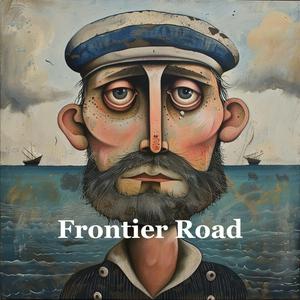A Boy in the Peninsular War
Napoleon didn’t invade Spain. Not at first. He came in through the back, through Portugal; quickly, quietly, and with hardly a shot fired.By the fall of 1807, France and Spain had signed the Treaty of Fontainebleau, supposedly agreeing to carve up Portugal between them. The French would march in from the north and center. The Spanish would help from the sides. On paper, it was about punishing Portugal for its alliance with Britain. But in truth, it was about control, Napoleon’s control, and Portugal was the test run.The French Army of the Gironde, 25,000 strong under General Junot, crossed into Spain on October 18. They took their time, covering three hundred miles in twenty-five days. No battles. No resistance. Behind the scenes, French engineers sketched out every fort, bridge, and mountain pass they passed, mapping Spain like a future enemy, not a friend.Meanwhile, Spanish troops, unknowingly aiding their own undoing, moved into position from Galicia and Badajoz. Their role was to secure the flanks and help the French take Lisbon. But the real purpose of the operation became clearer with each step. Napoleon had no intention of stopping at the Portuguese border. Portugal was never the endgame. It was the excuse.By the time Junot marched into Lisbon in November, the country had been taken without a single major engagement. A kingdom of three million had surrendered in silence. Not from lack of pride, but from the sheer psychological weight of Napoleon’s name. The Portuguese government crumbled. The royal family fled to Brazil. And with Portugal in hand, Napoleon had his foot firmly planted on the western edge of Europe.Spain was next. It just didn’t know it yet.


